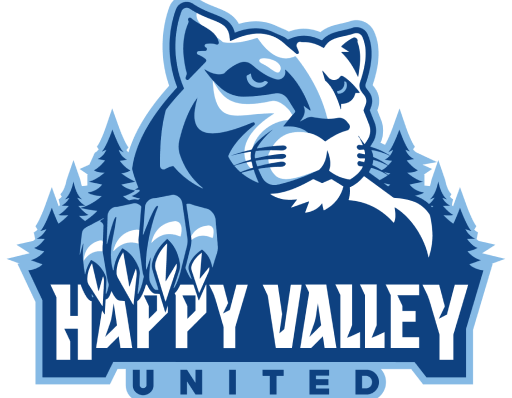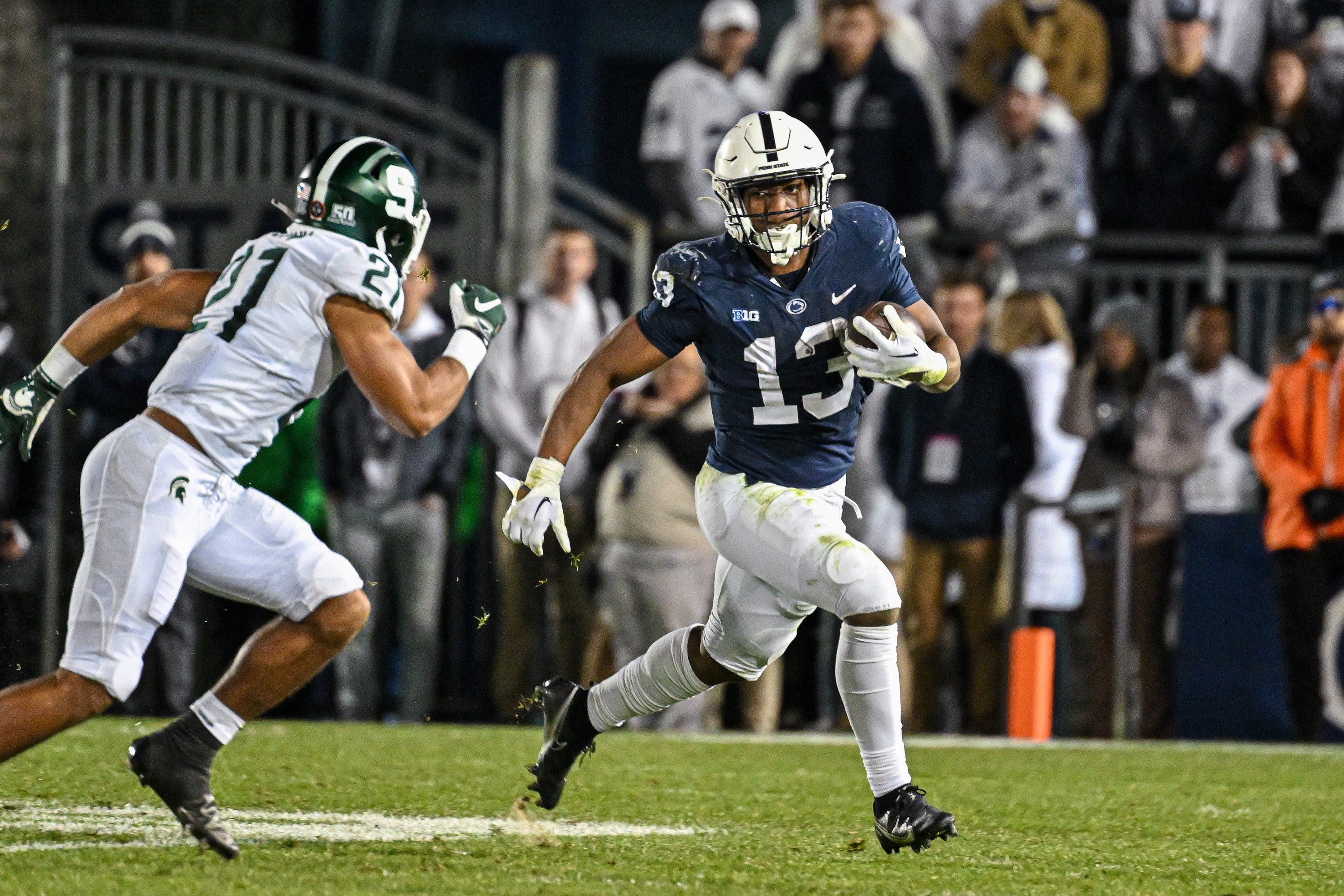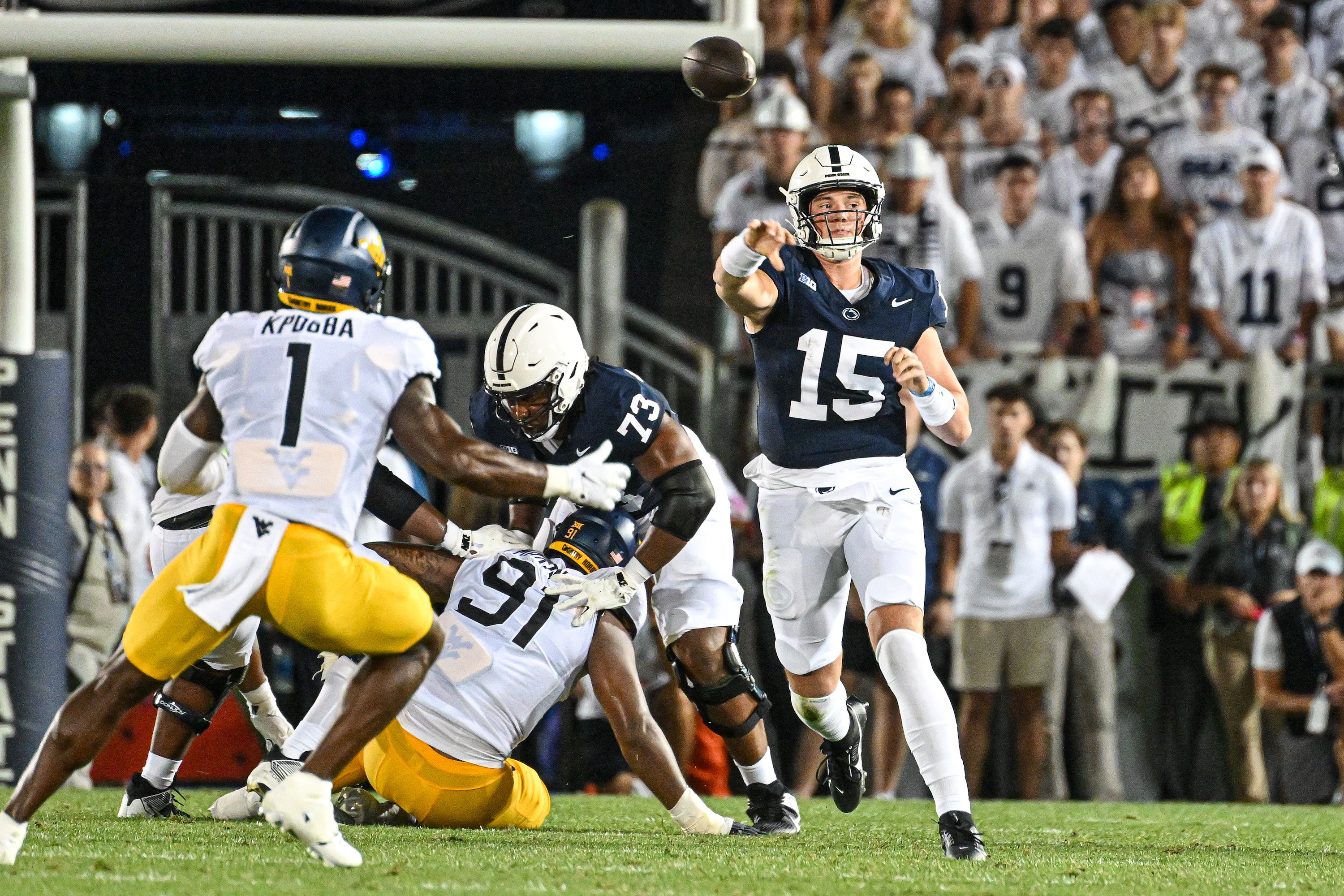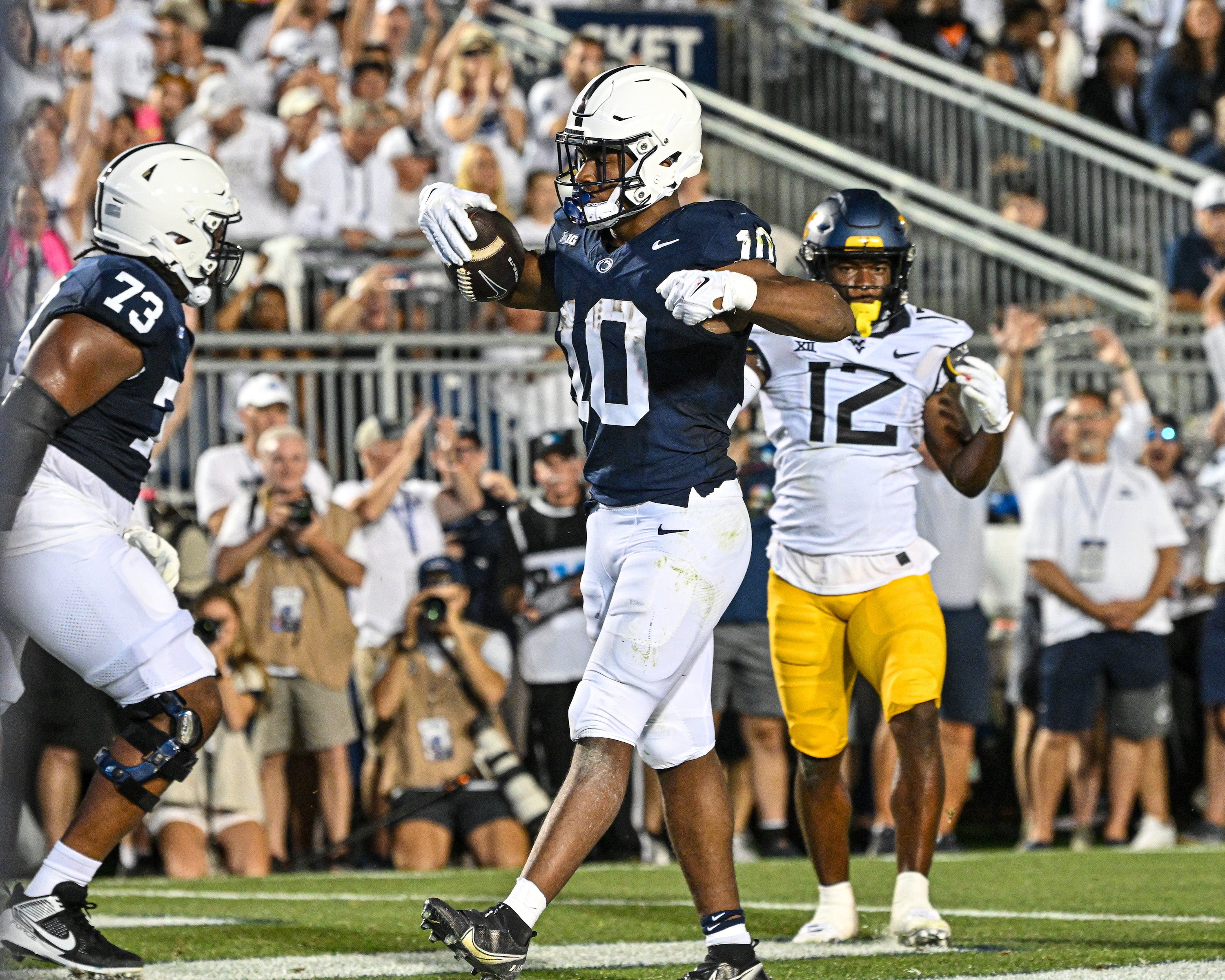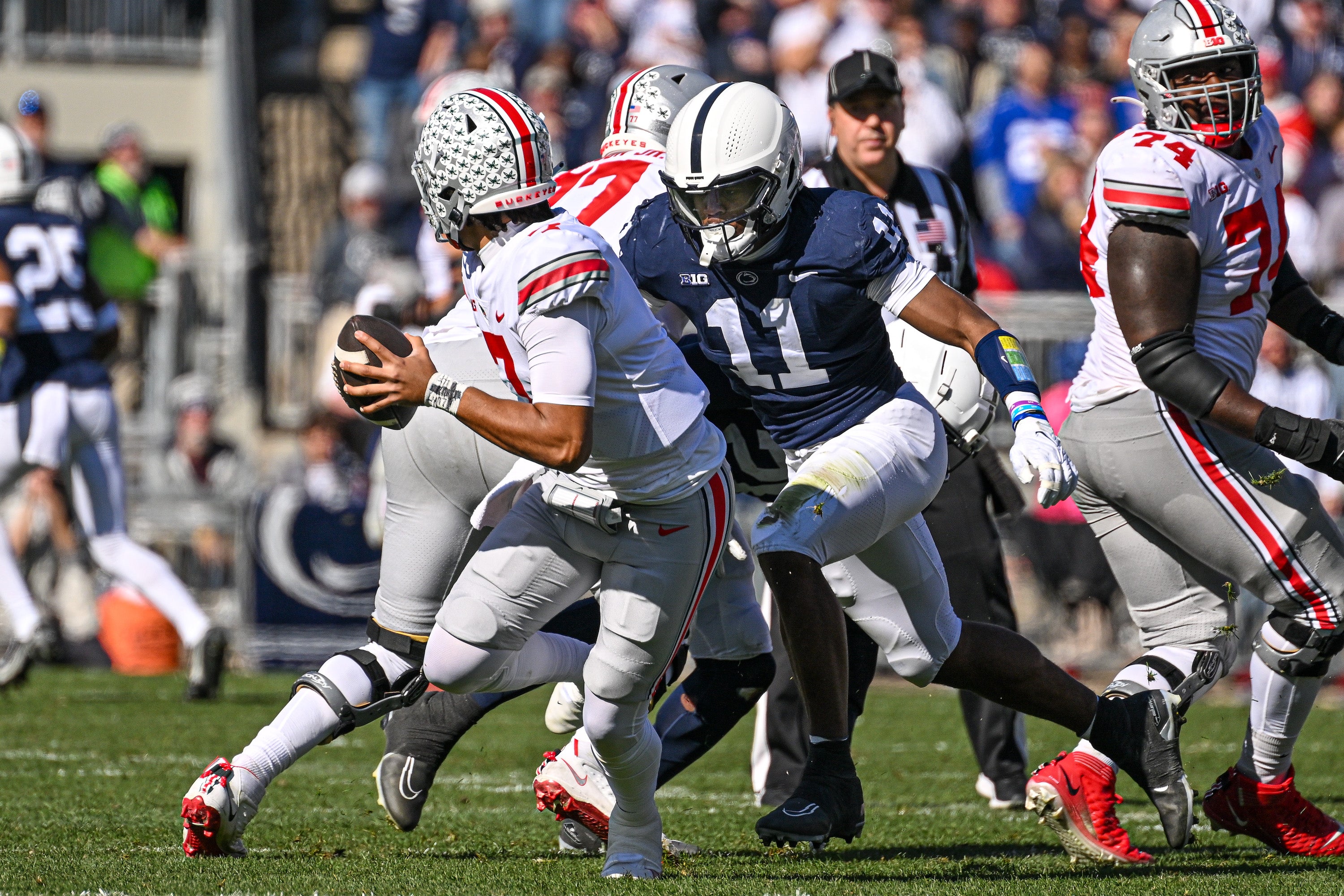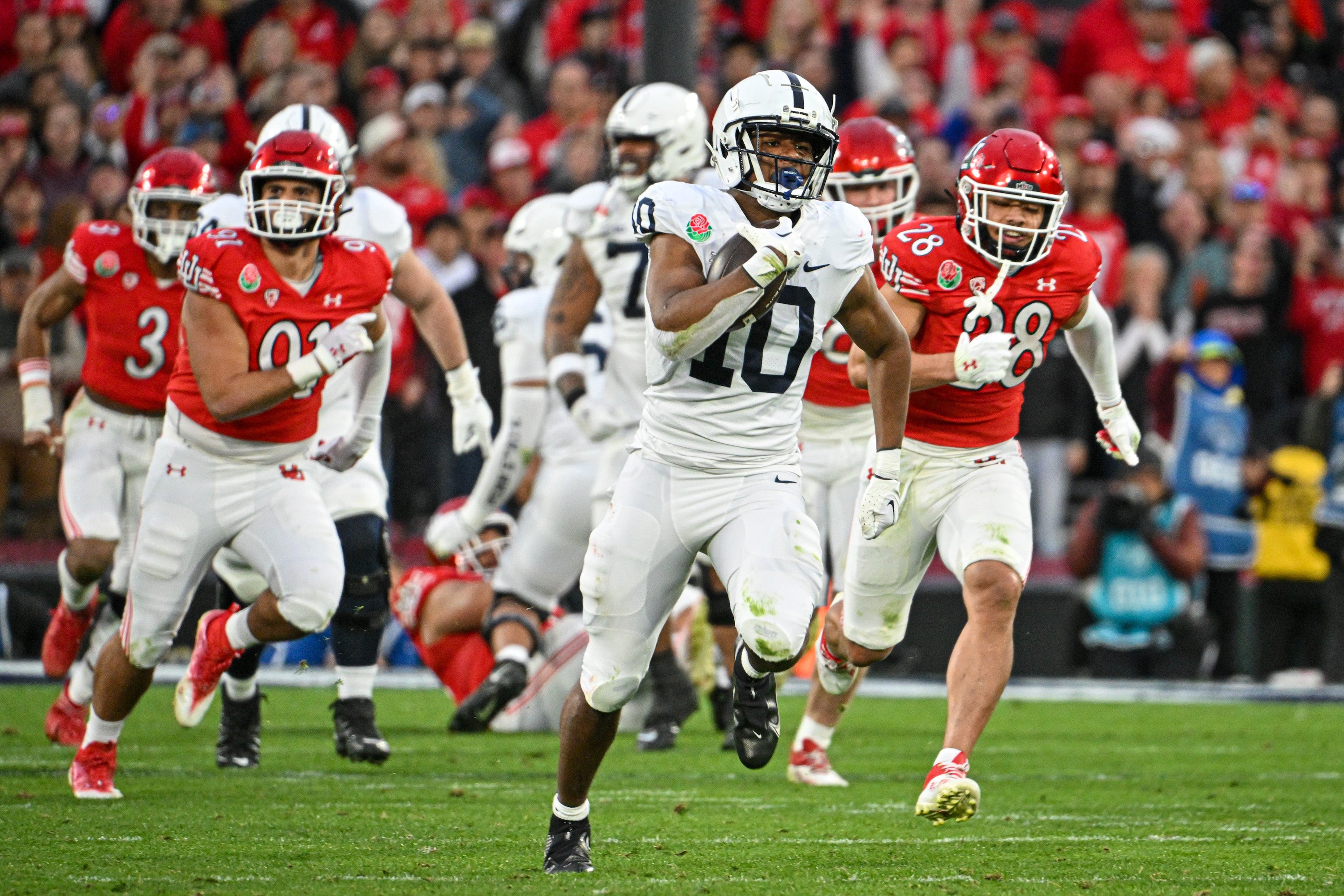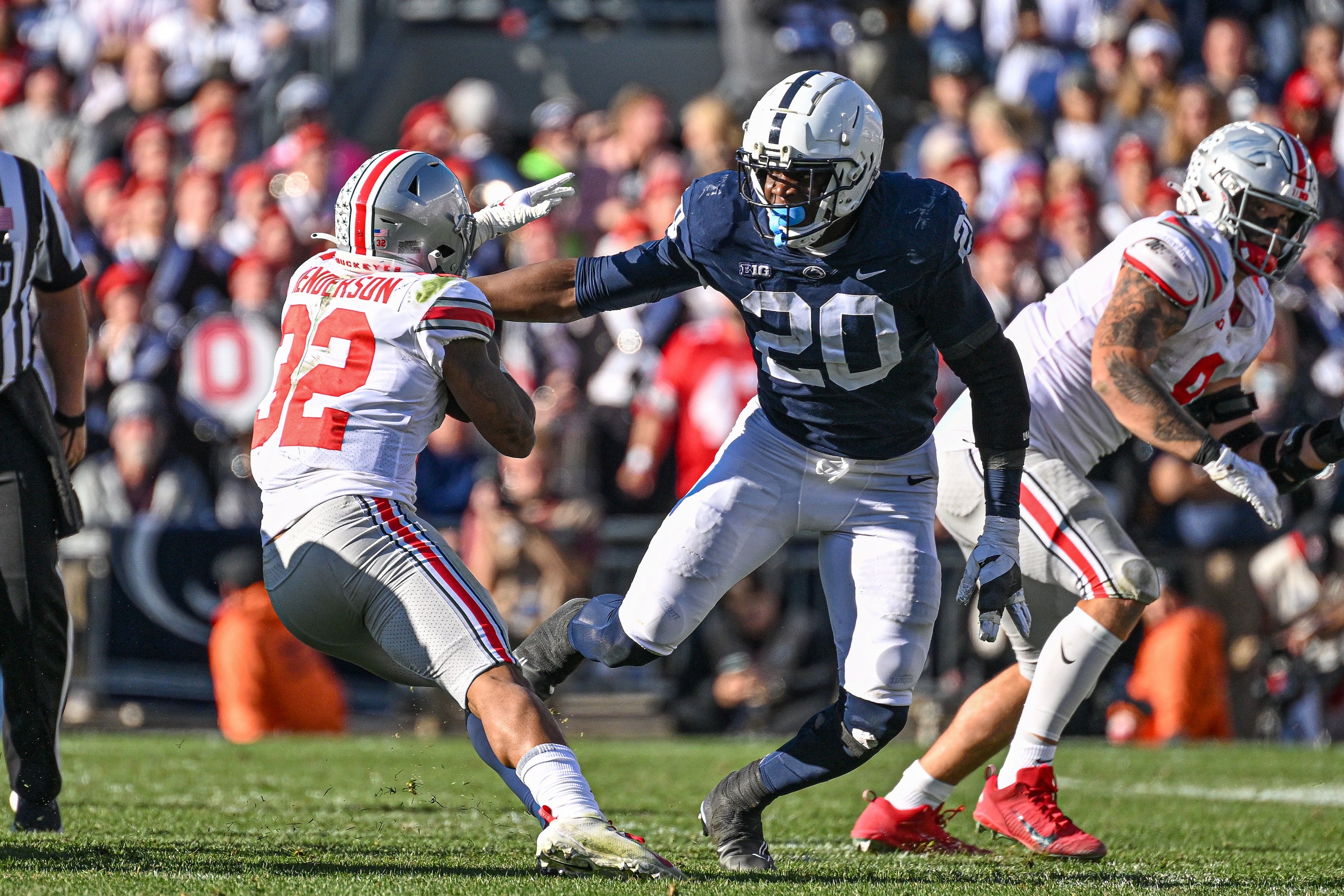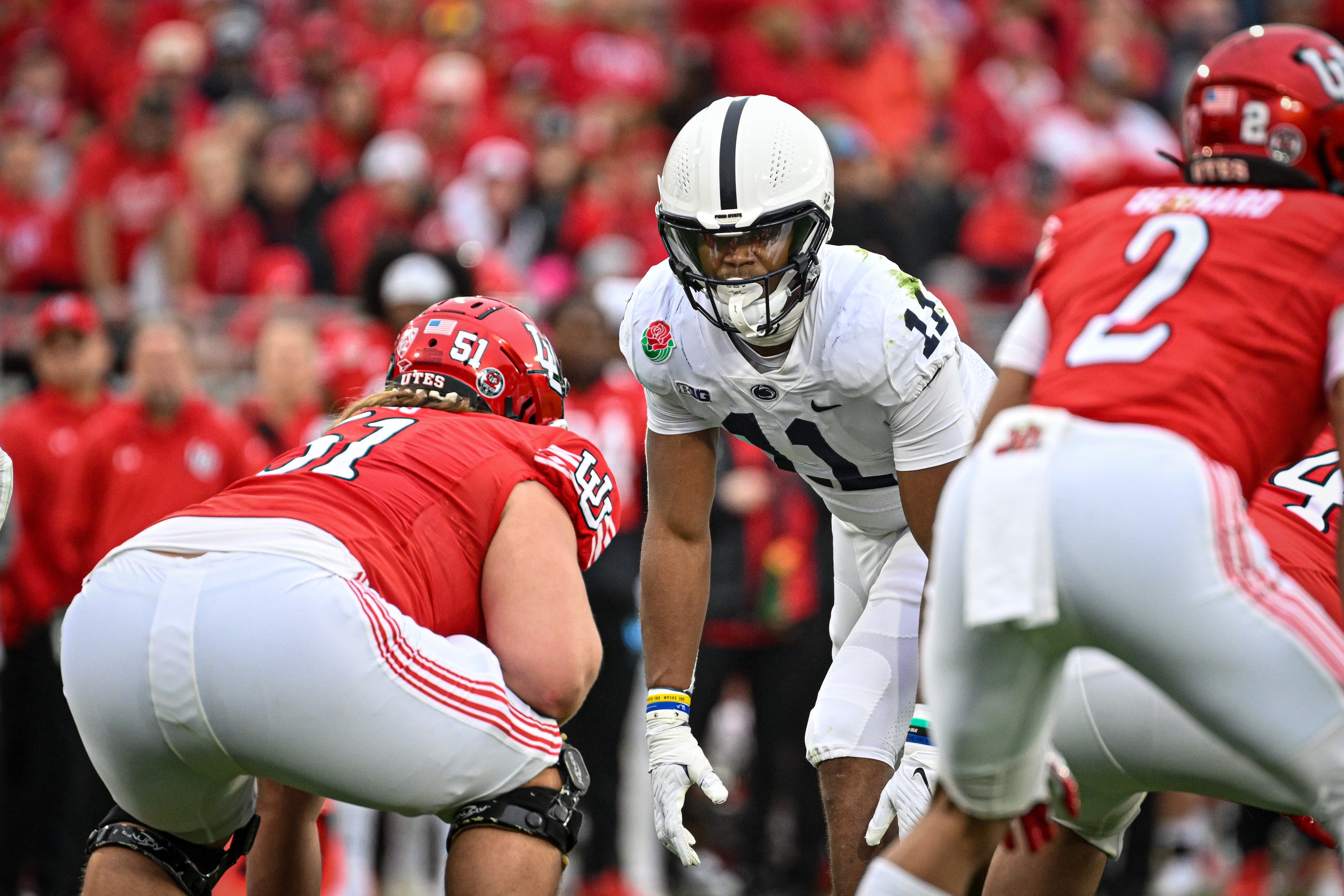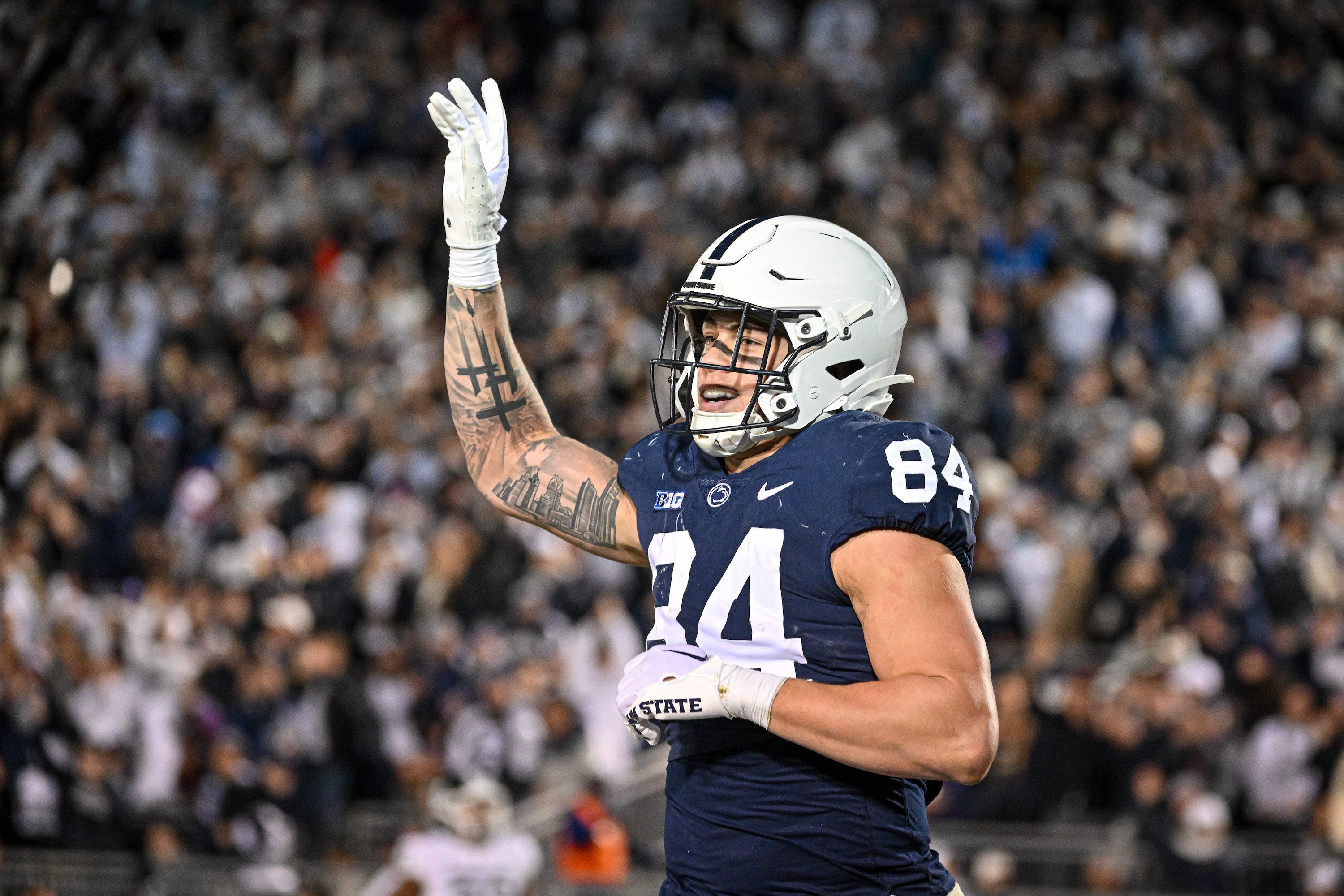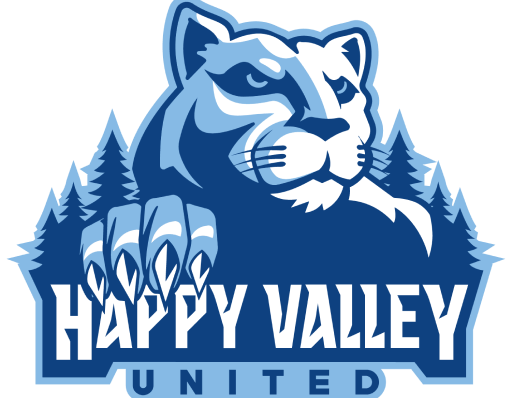
Football
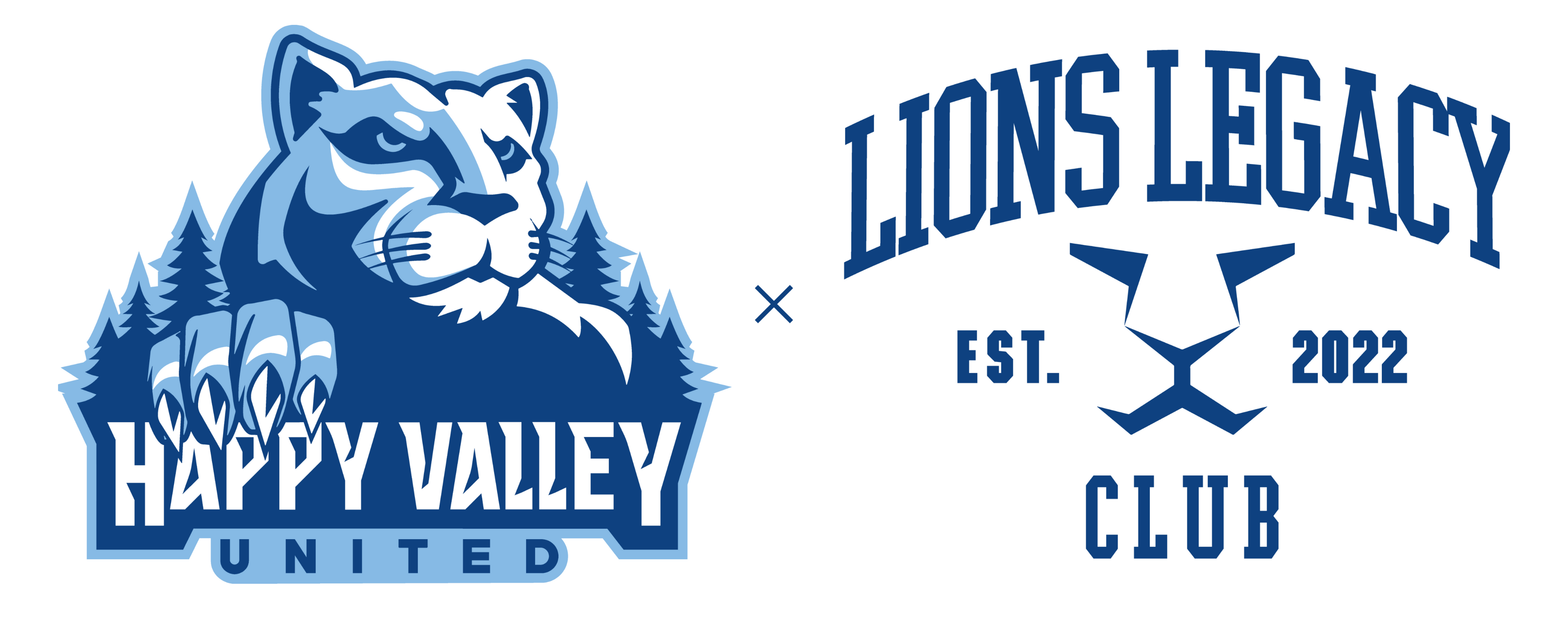
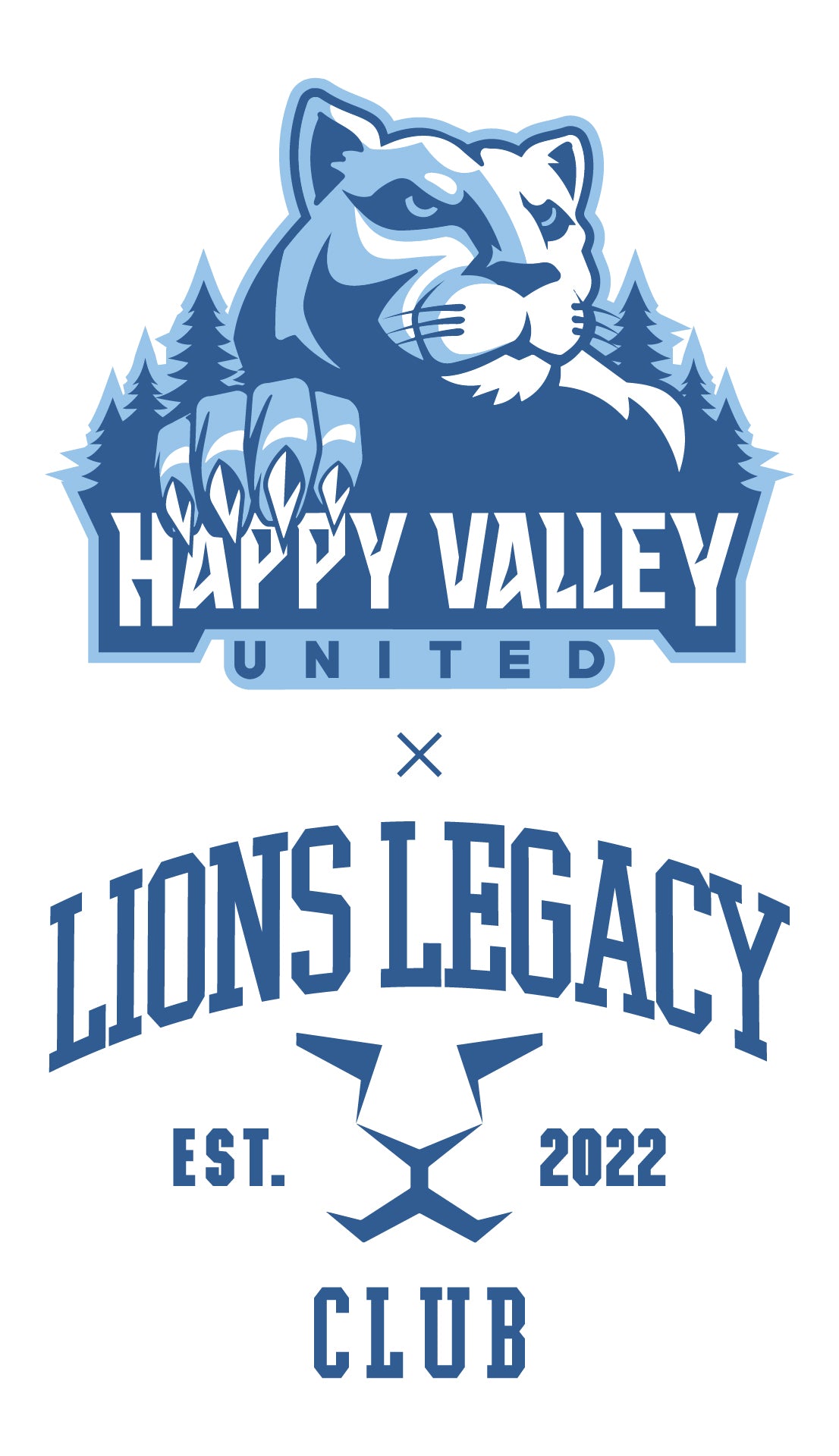
Lions Legacy Club is the Club dedicated to Penn State football student-athletes. The tradition of the Penn State football program needs no introduction and neither does its loyal fanbase. Through Lions Legacy Club, fans connect with their team and provide support to the Nittany Lions through memberships, tax-deductible donations and corporate sponsorships. Our football student-athletes create their own legacy on and off the field, setting them up for success after they leave Happy Valley, through charitable and business engagements.

MITER Brands and West Shore Home are the proud presenting sponsors of Lions Legacy Club.

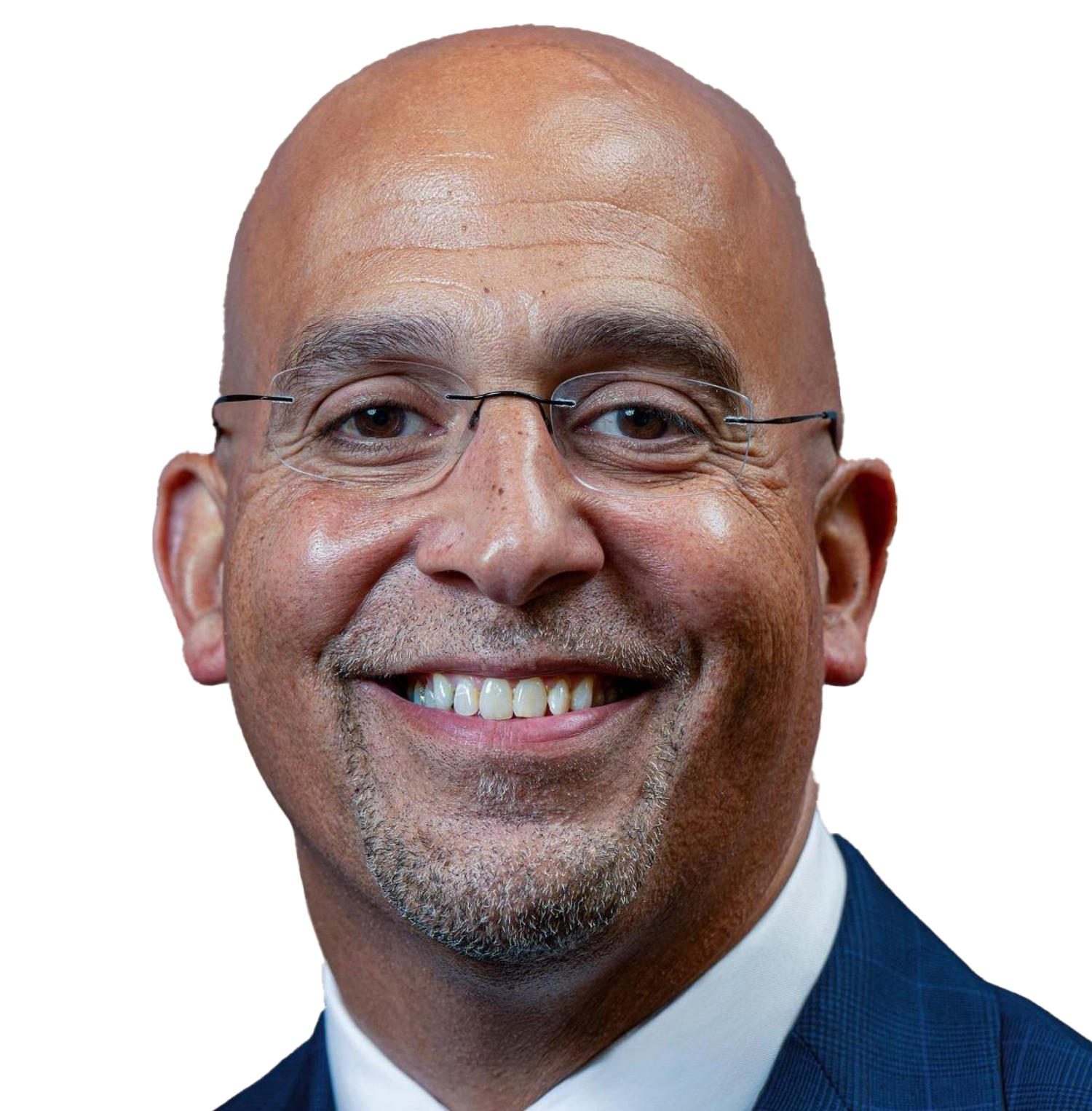
Name, Image and Likeness provides a tremendous opportunity for fans, business owners, community leaders, and alumni to support our athletes. Happy Valley United and NIL has not only had a powerful impact on our program on and off the field, but it has also provided new business opportunities for those who have supported our initiative. These businesses have broadened their consumer reach and developed strong relationships within our program and the Penn State community. Having a one-stop collective allows our fans, who are local, nationwide and global, to understand the importance of NIL and how they can support it. With over 750,000 living alumni we need everyone committed to embracing a new era of college athletics and competing in this new landscape.
James Franklin
Head Coach
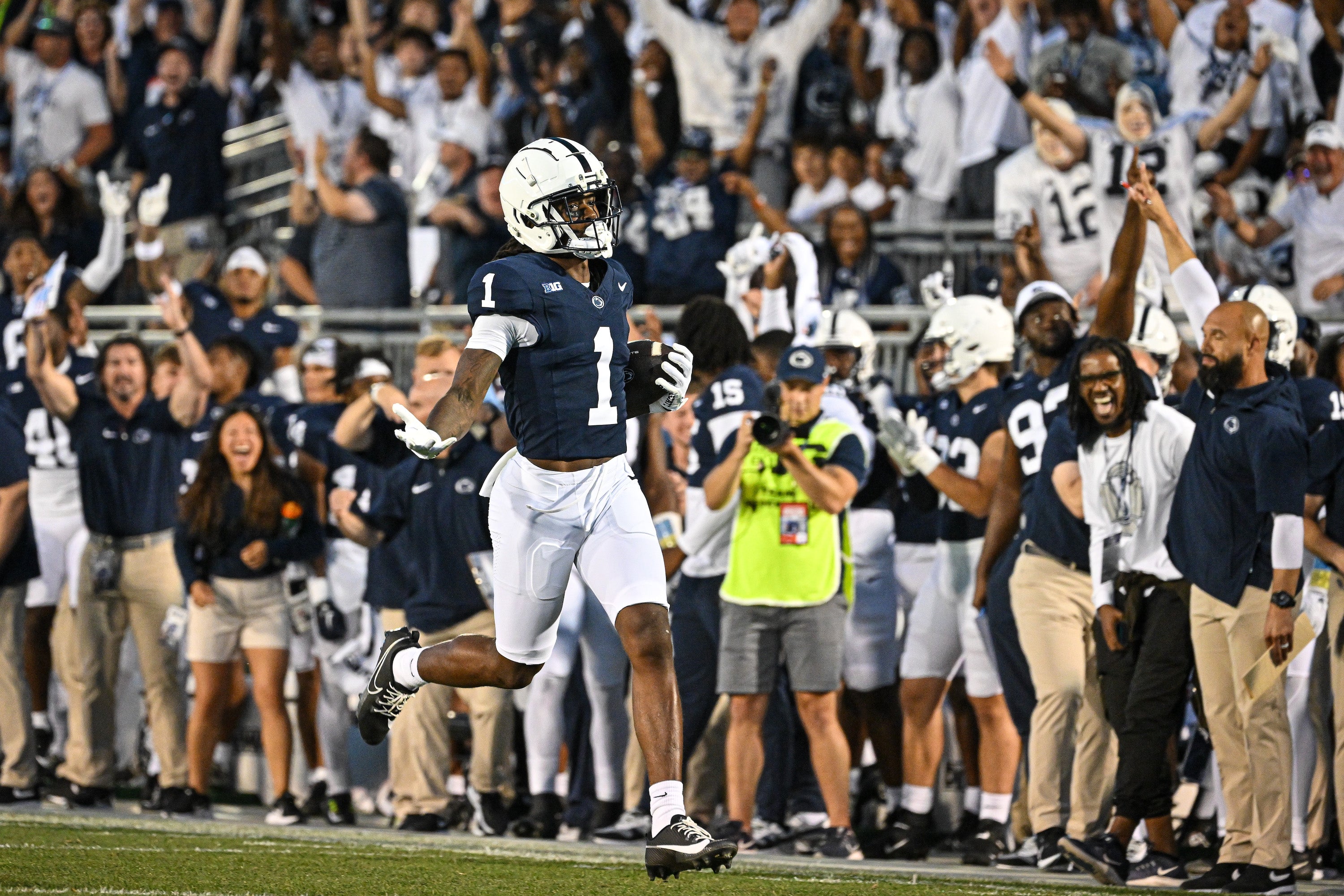
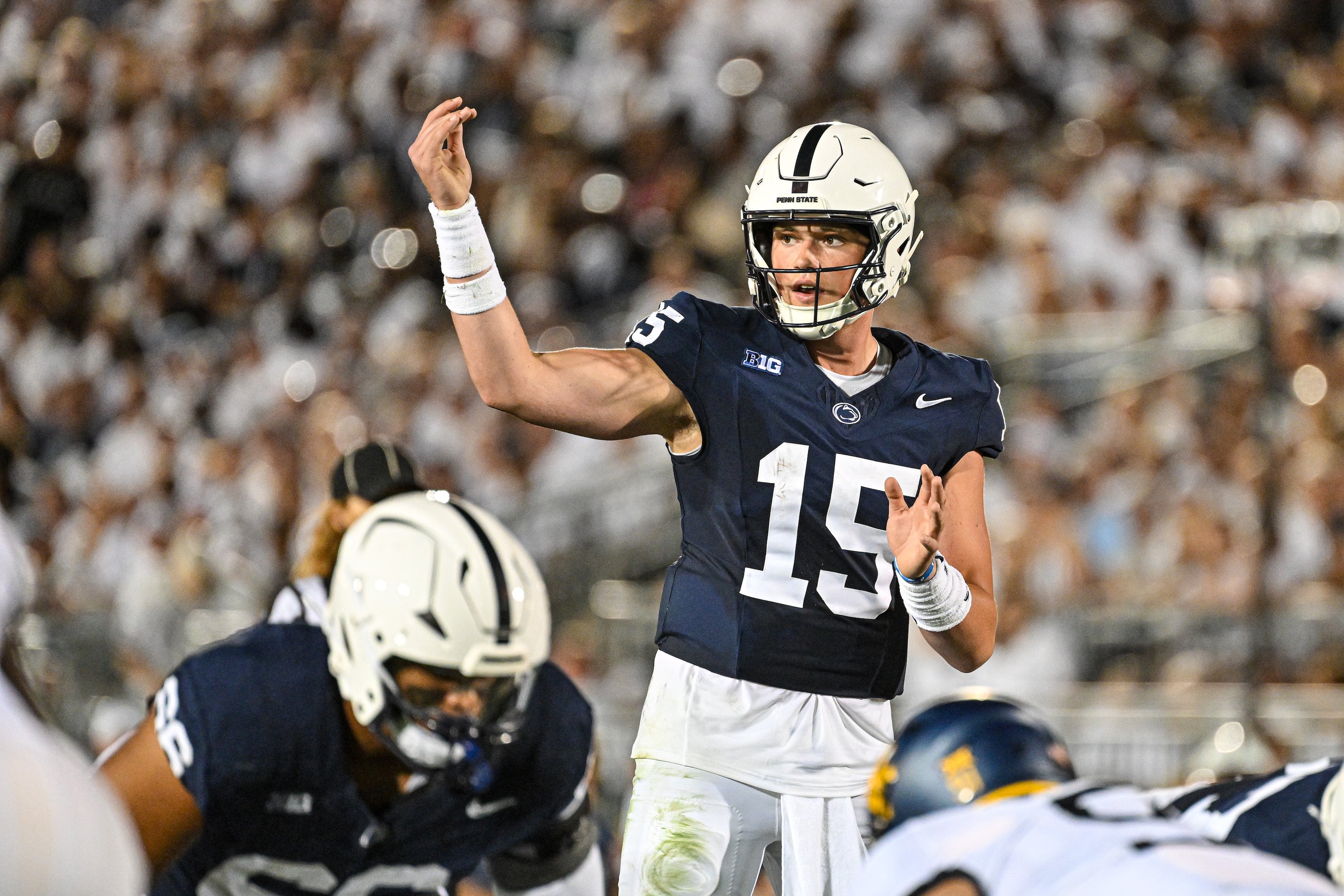
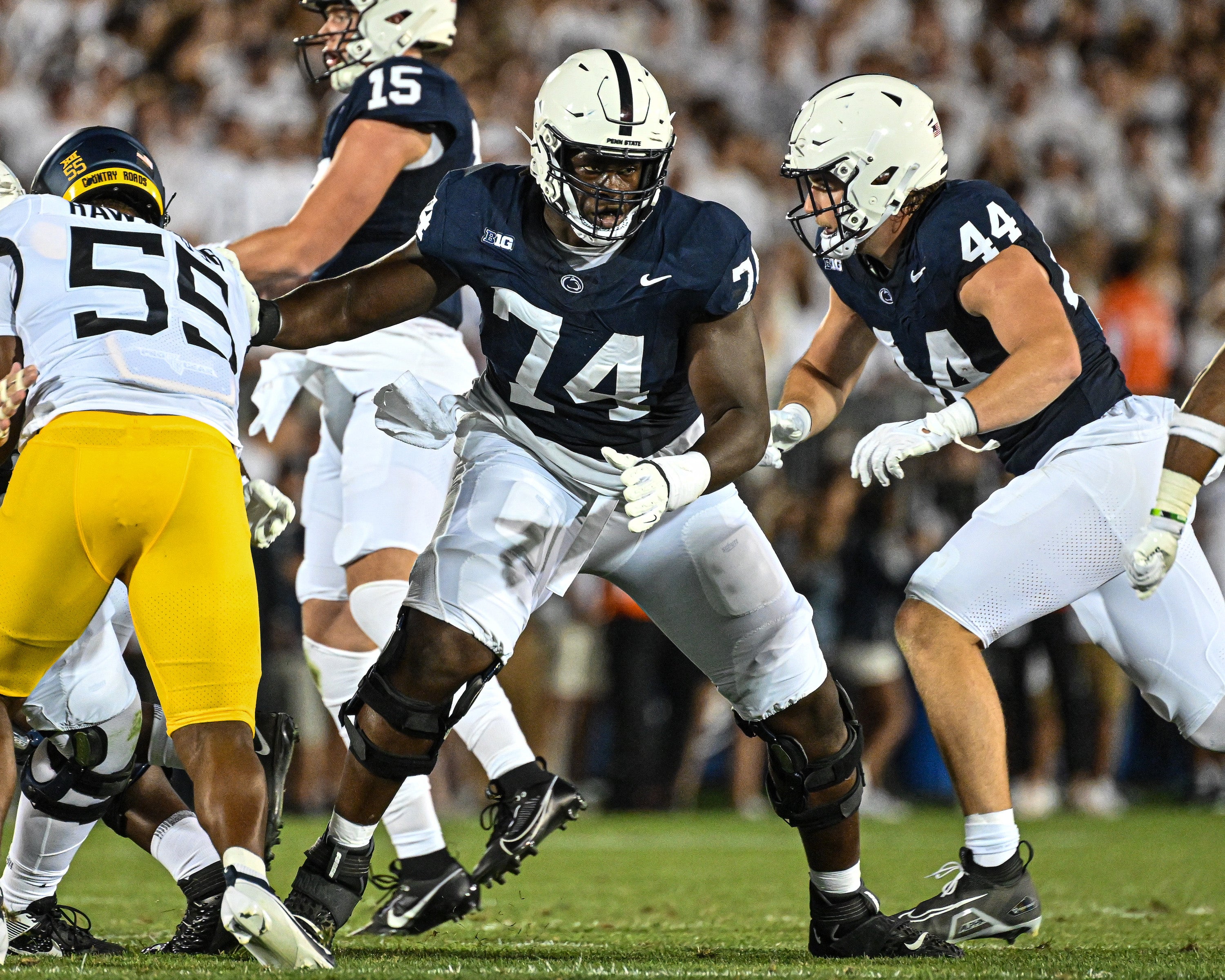
GET INVOLVED
CONTACT US
Let our team handle the details! Connect with us today.
